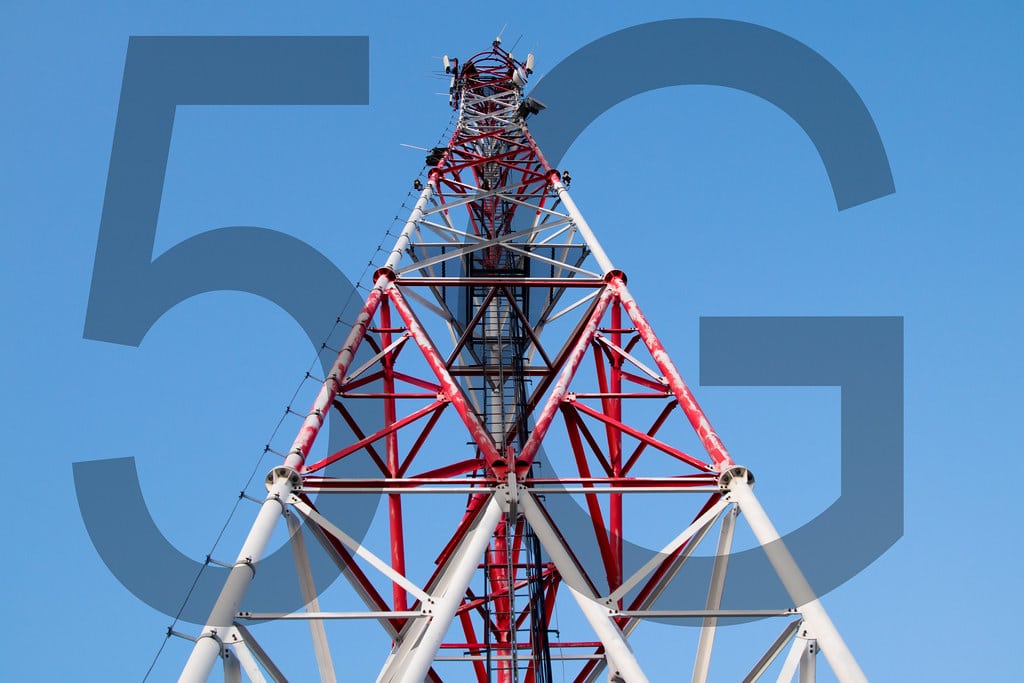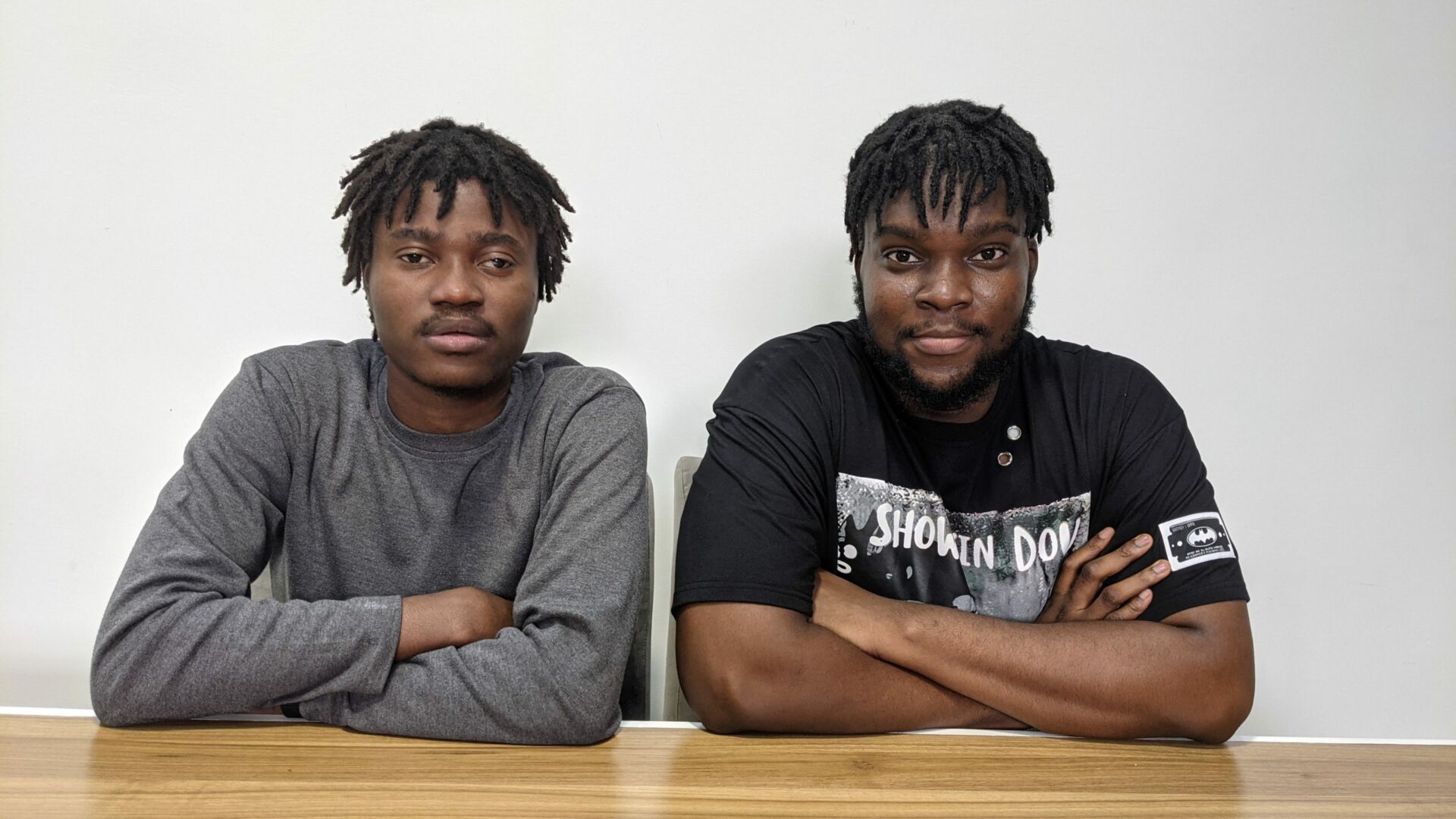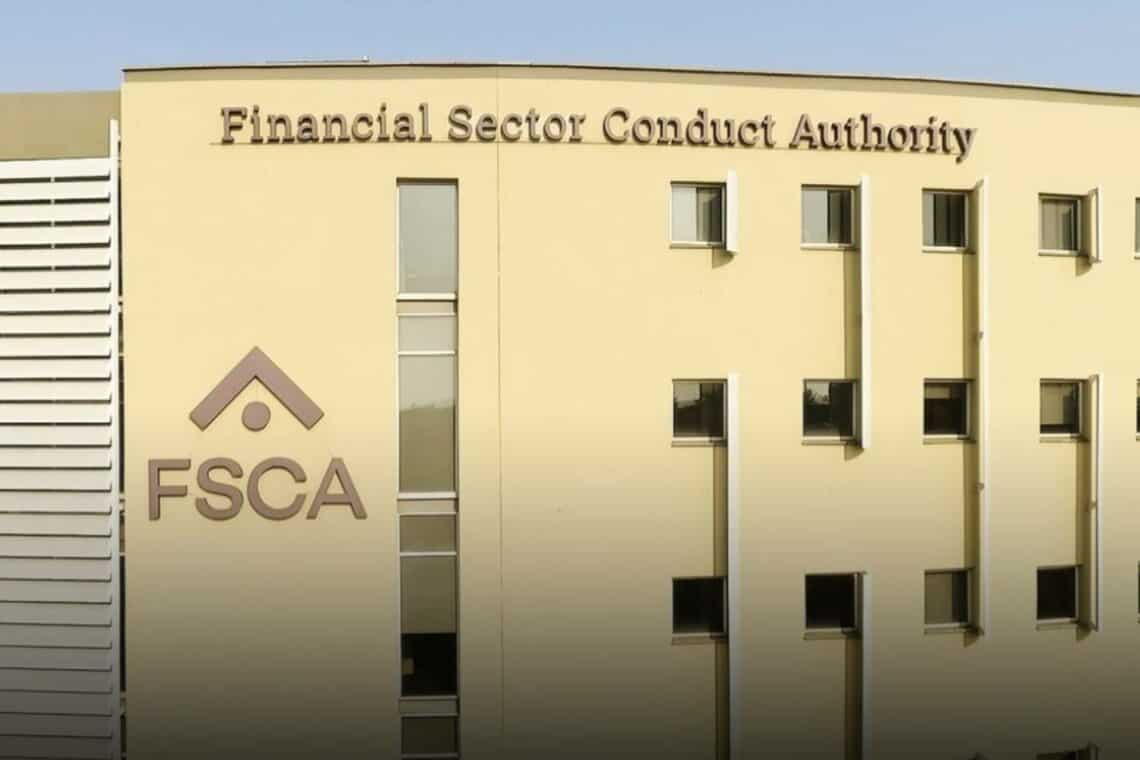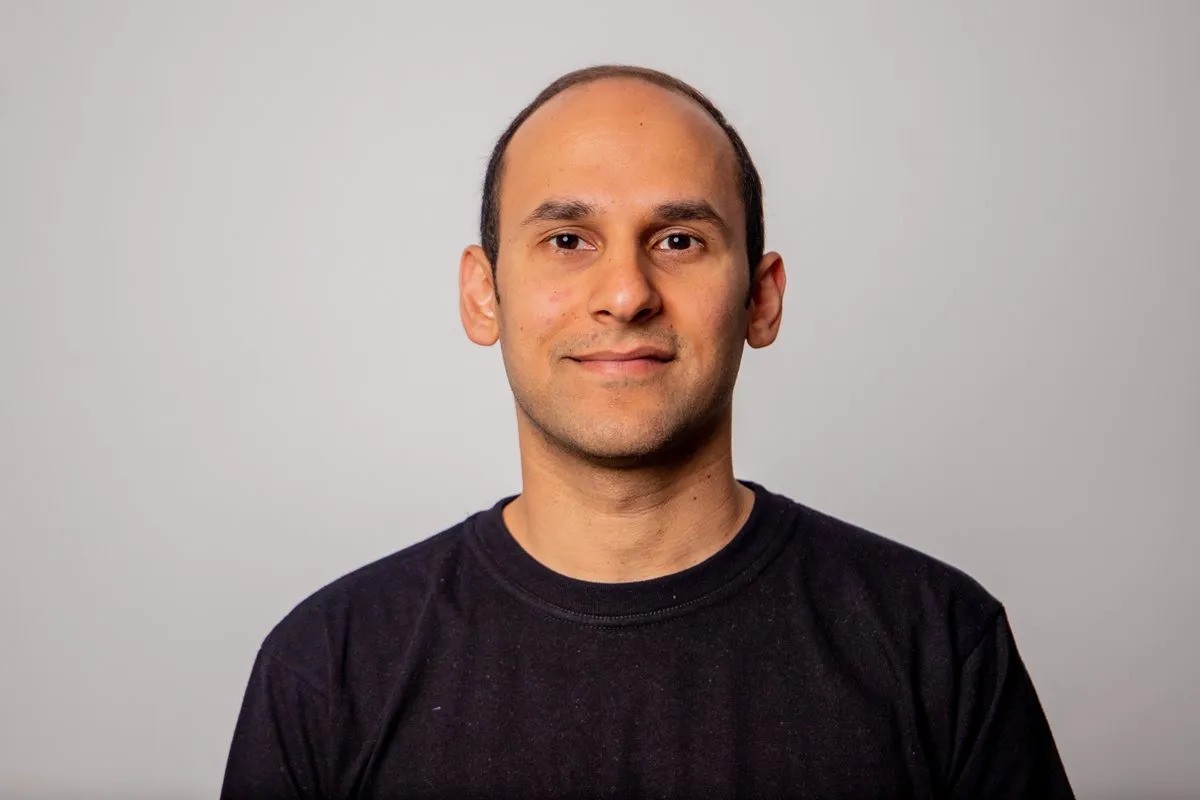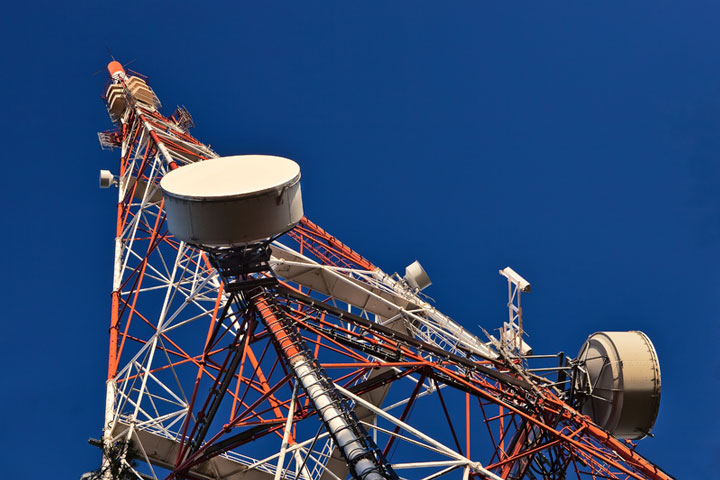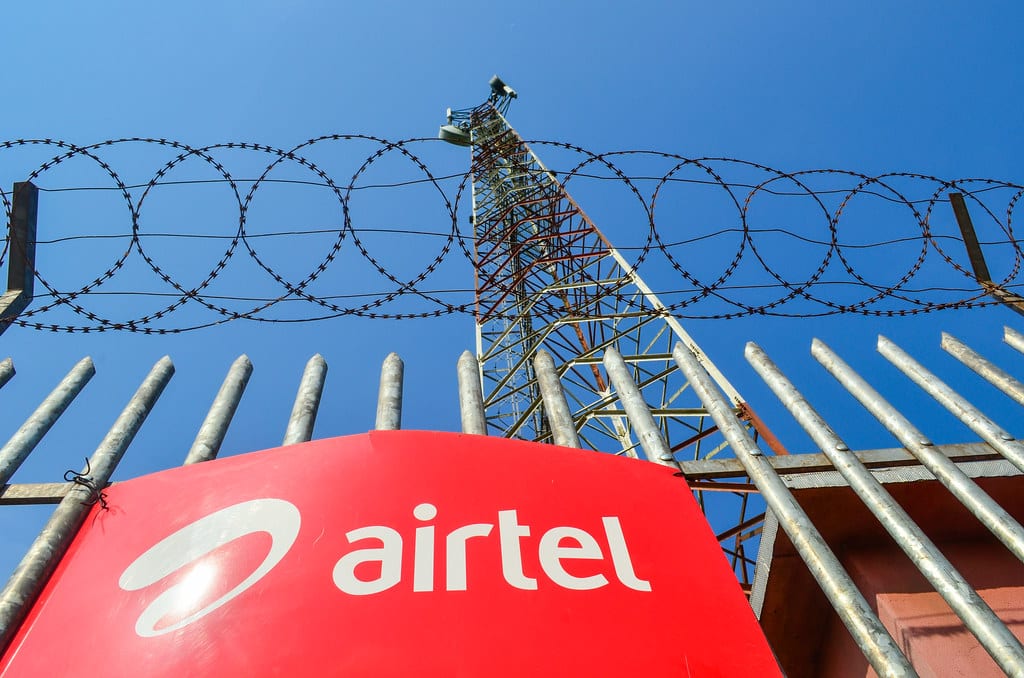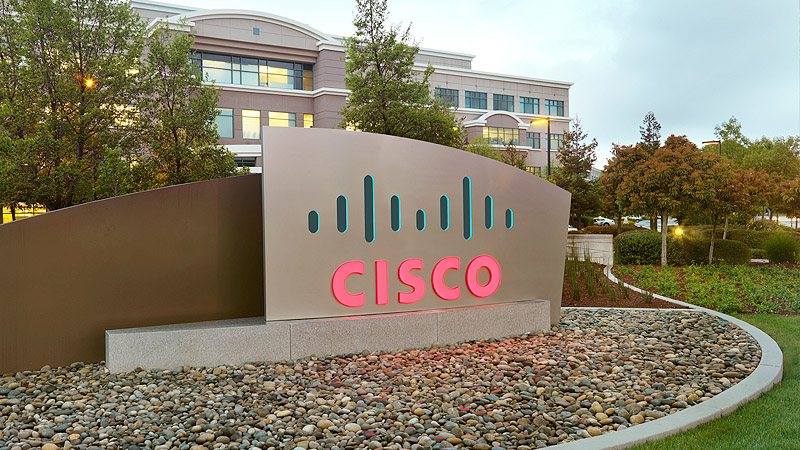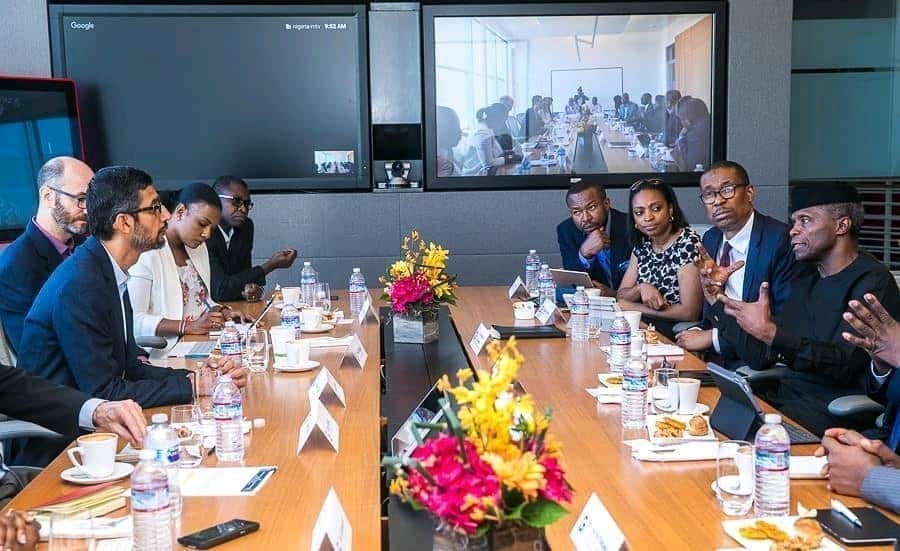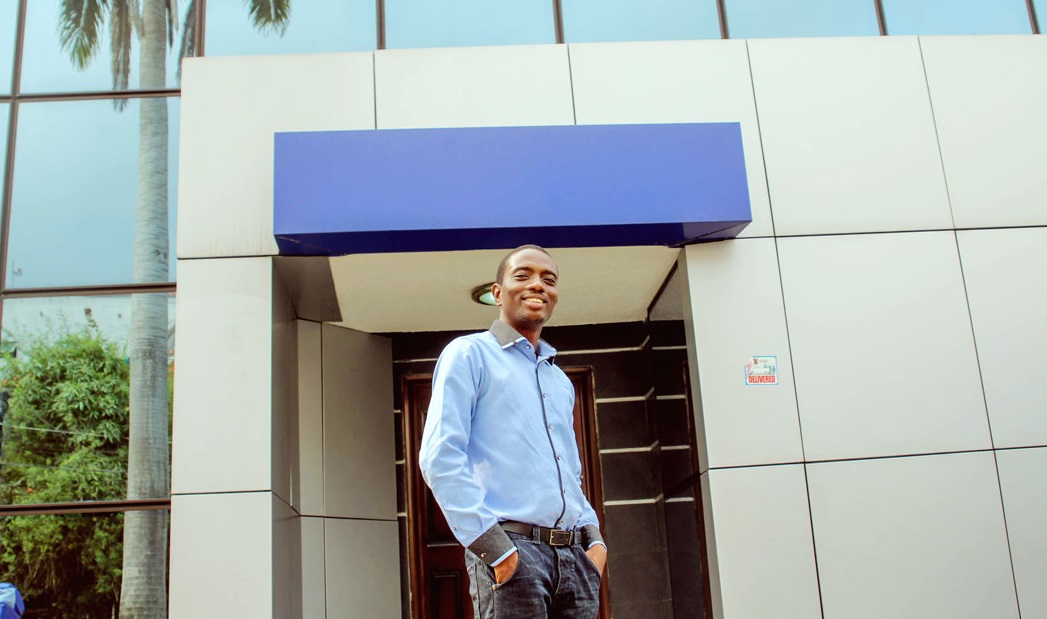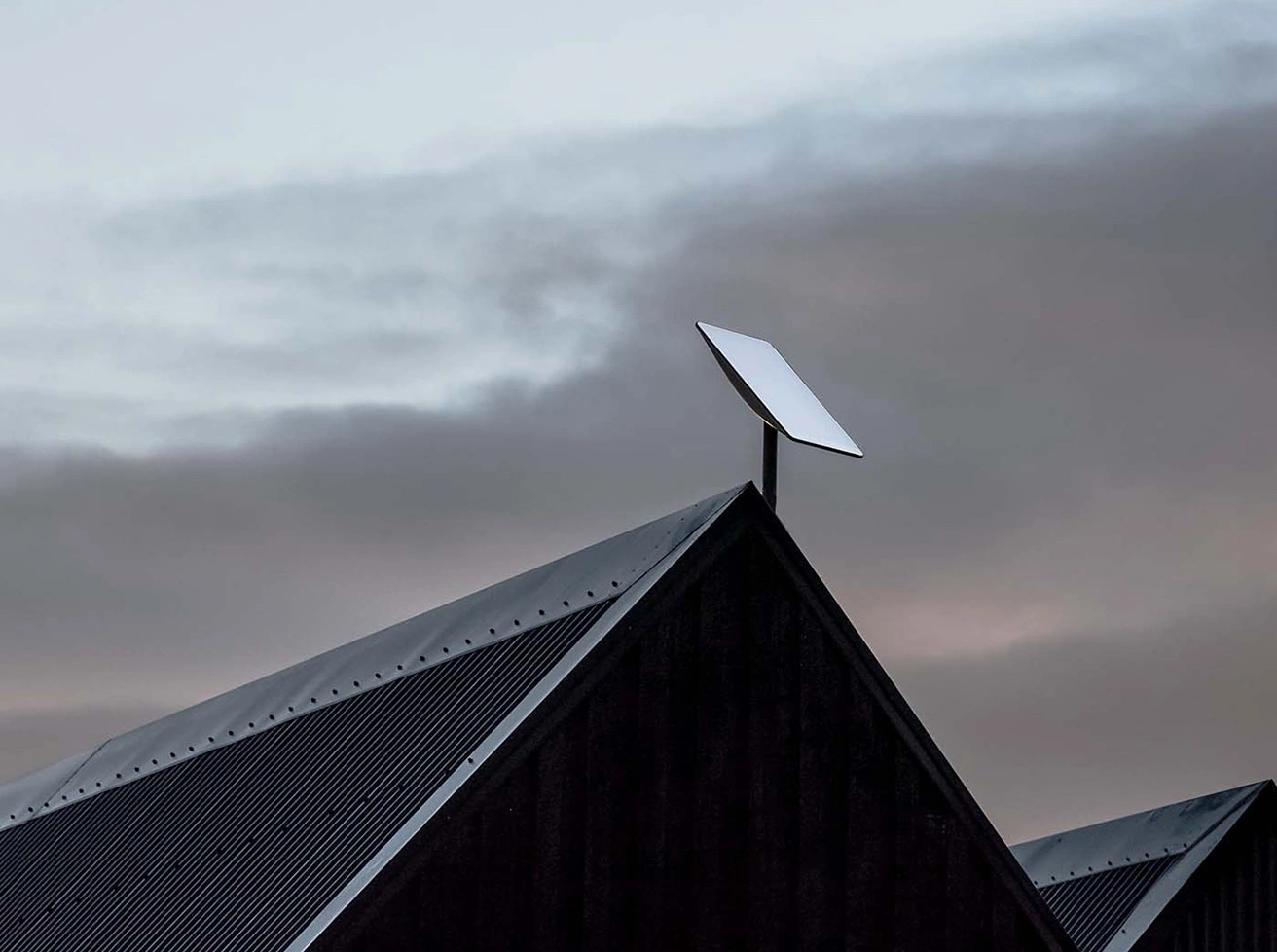Following successful demos in six locations, the Nigerian Communications Commission (NCC) has started working on a policy for the deployment of 5G in Nigeria. The policy will require the input of relevant stakeholders, from different parastatals in Nigeria.
The commission announced this on Thursday, June 11, 2020, stating that it started developing the policy following a directive from the Ministry of Communications and the Digital Economy and its constitutional mandate to implement plans that promote and ensure the development of the communications industry.
5G is the fifth generation of wireless communications technologies (2G, 3G, and 4G), that experts say will be about 100 times faster than the current 4G networks.
Considering that 5G will greatly enhance technologies such as Internet of Things (IoT), Artificial Intelligence (AI), Robotics, Drones and several others, the NCC believes that it will be of immense benefit to every sector and help achieve goals for Nigeria’s digital economy.
Recall that for three months, beginning from November 2019, the NCC allowed MTN to test the possibilities of 5G technology in their offices in three major cities — Lagos, Abuja and Calabar. Companies like Ericsson, Huawei, ZTE, and provided the equipment in the respective states and they have since been decommissioned.
Following the outbreak of the pandemic and the subsequent lockdown, a series of controversies emerged in April 2020, about the health effects of 5G, as it relates to COVID-19 and harmful radiation.
[auto-iframe link=https://techpoint.africa/2020/04/06/5g-nigeria-health/embed tag=first]
Though the NCC was quick to refute these claims, in May 2020 the Nigerian Senate reportedly began investigating the status of 5G in Nigeria and ordered its suspension with the assumption that 5G is available in Nigeria.
However, as we stated earlier, the 5G network or its technology is not yet available in Nigeria and there is no reliable data or confirmed scientific research linking 5G to COVID-19 or radiation that adversely affects humans.

Be the smartest in the room
Give it a try, you can unsubscribe anytime. Privacy Policy.
The International Commission for Non-ionizing Radiation Protection (ICNIRP) states that as long as the right precautions are taken, 5G is safe for human health.
Riding on the ICNIRP's stand and the success of the trials earlier in November, the NCC says it will use the lessons learnt to influence the development of the policy for commercial deployment.
For now, the outcome of the Nigerian Senate's investigation is not clear. Given the details behind the NCC's latest plans, their decision will greatly influence the development of a 5G policy.
The NCC says new initiative will need wide public consultation, so the process of developing this policy will involve a public inquiry, especially from several relevant stakeholders whose views will influence the final policy:
- Ministry of Communications & Digital Economy
- Office of the National Security Adviser
- The National Assembly
- Ministry of Health
- National Environmental Standards & Regulations Enforcement Agency
- Consumer advocacy groups
- The Academia
- Nigerian Society of Engineers
- Nigerian Medical Association
- World Health Organisation
- Council for the Regulation of Engineering in Nigeria
- Mobile Network Operators
- Nigerian Institute of Electrical and Electronic Engineers
- Nigerian Institute of ICT Engineers
- Association of Telecommunications Companies of Nigeria
- Association of Licensed Telecommunications Operators of Nigeria
No other detail has been revealed yet, and according to the NCC, 5G will not be deployed in Nigeria until the Policy is concluded and approved.
While this might be a laudable initiative, the current state of connectivity in Nigeria leaves a lot to be desired. This is related to nationwide infrastructural challenges that are still yet to be resolved.
Featured image: Ivan Radic Flickr via Compfight cc

